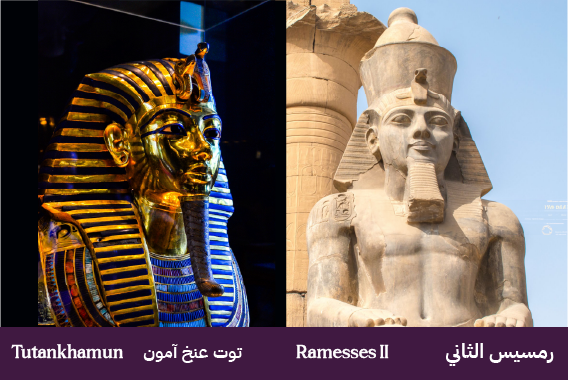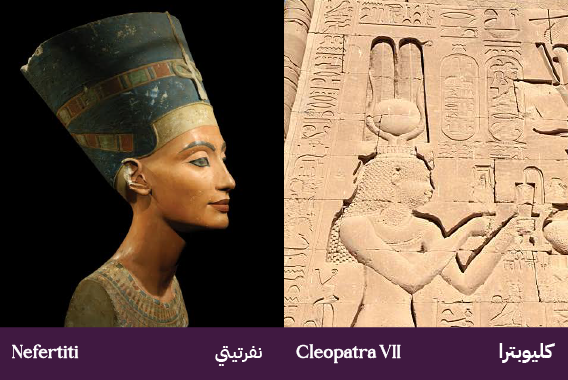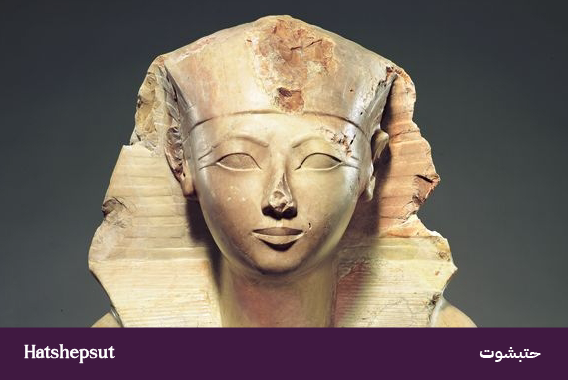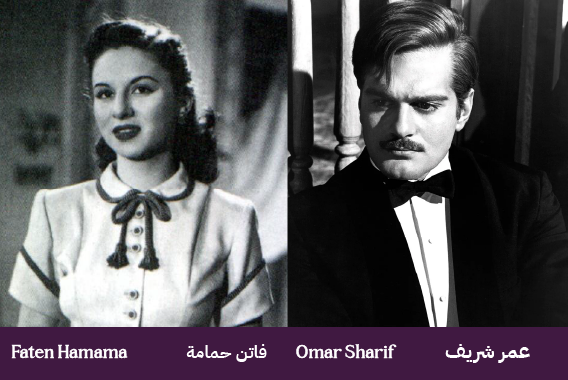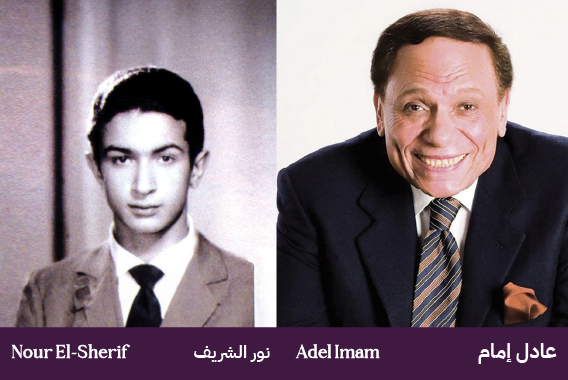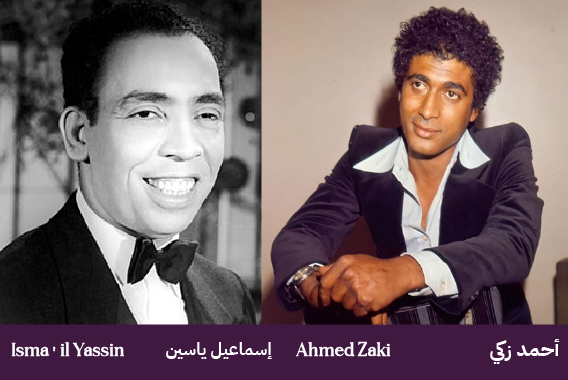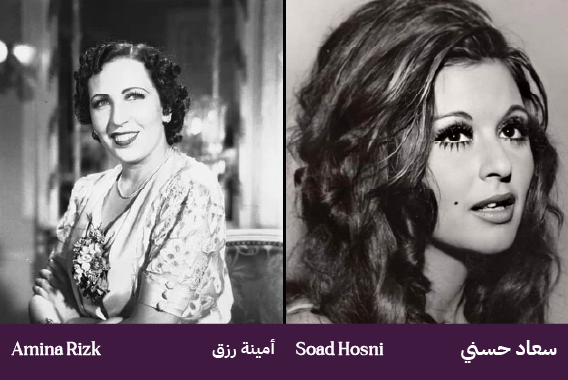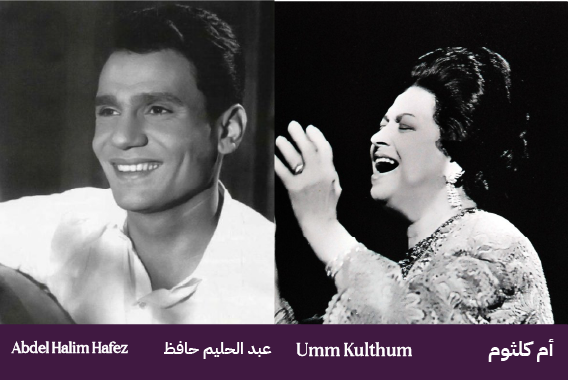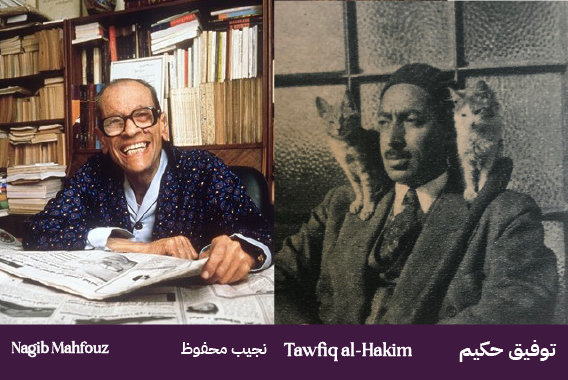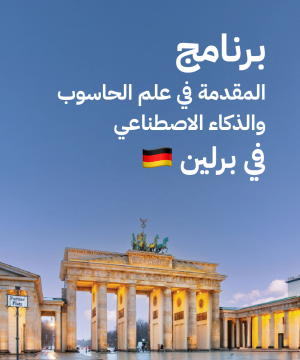Get To Know the Popular Figures of Egypt
Ancient Egypt
Tutankhamun: The most famous pharaoh of ancient Egypt, Tutankhamun ruled from around 1332 to 1323 BC. His tomb, discovered largely intact in 1922, revealed a wealth of treasures and provided invaluable insights into the life and rituals of the pharaohs. His reign was marked by a return to traditional Egyptian religious practices after the Amarna Period, which emphasized monolatrism and the worship of the sun disc Aten.
Ramesses II: Often referred to as “Ramesses the Great,” this pharaoh ruled for an exceptionally long period, from 1279 to 1213 BC. He is known for his military conquests, including the Battle of Kadesh against the Hittites, and his extensive building projects, such as the Ramesseum and Abu Simbel. Ramesses II was a prolific builder, leaving behind a legacy of temples, statues, and other monuments that continue to amaze visitors today.
Nefertiti: The Great Royal Wife of Akhenaten, a pharaoh who ruled from 1353 to 1336 BC, Nefertiti was a powerful and influential figure. Renowned for her beauty, she is often depicted in statues and paintings with a serene and regal expression. Nefertiti was a key player in the Amarna Period, when Akhenaten introduced monolatrism and the worship of the sun disc Aten.
Cleopatra VII: The last active ruler of the Ptolemaic Kingdom of Egypt, Cleopatra VII ruled from 51 to 30 BC. Known for her intelligence, beauty, and political acumen, she formed alliances with Roman leaders Julius Caesar and Mark Antony, ultimately leading to her downfall and the annexation of Egypt by Rome. Cleopatra was a fascinating figure who played a pivotal role in the history of Egypt and the Roman Empire.
Hatshepsut: One of the most powerful female pharaohs in ancient Egyptian history, Hatshepsut ruled from 1479 to 1458 BC. She successfully assumed the role of pharaoh, overseeing a period of prosperity and cultural achievement. Hatshepsut is known for her building projects, including the mortuary temple at Deir el-Bahri, and her role in promoting trade and diplomacy.
Modern Egypt
Faten Hamama: Considered one of the most iconic actresses in Egyptian cinema, Faten Hamama starred in numerous films throughout her career, beginning in the 1940s. She was known for her versatility and her ability to portray a wide range of characters, from innocent young girls to strong-willed women. Hamama’s films often explored social issues and themes of love, loss, and family.
Omar Sharif: A celebrated actor with international appeal, Omar Sharif gained fame for his roles in films such as Lawrence of Arabia and Doctor Zhivago. His charismatic presence and distinctive features made him a beloved figure both in Egypt and around the world. Sharif was also a professional poker player and a philanthropist.
Nour El-Sherif: Another prominent actor in Egyptian cinema, Nour El-Sherif was known for his versatility and his ability to play both comedic and dramatic roles. He starred in numerous films and television series, often portraying complex and nuanced characters. Sherif was also an activist and a vocal critic of the Egyptian government.
Adel Imam: Often referred to as the “King of Comedy,” Adel Imam is one of the most popular and successful actors in Egyptian cinema. Known for his witty humor and his ability to connect with audiences, he has starred in numerous films and television shows that have become cultural touchstones. Imam’s films often satirized Egyptian society and politics, making him a controversial figure at times.
Isma’il Yassin: A legendary comedian and actor, Isma’il Yassin was known for his physical comedy and his ability to create memorable characters. His films, often featuring slapstick humor and social satire, were hugely popular in Egypt and throughout the Arab world. Yassin was a pioneer of Egyptian comedy, and his influence can still be seen in the work of later comedians.
Ahmed Zaki: Renowned for his intense performances and his ability to portray complex and troubled characters, Ahmed Zaki was considered one of the greatest actors in Egyptian cinema. He starred in numerous films, often tackling controversial and socially relevant themes. Zaki’s performances were often praised for their emotional depth and intensity.
Amina Rizk: A versatile actress who excelled in both dramatic and comedic roles, Amina Rizk was known for her natural talent and her ability to create memorable characters. She starred in numerous films and television series throughout her career, leaving a lasting impact on Egyptian cinema. Rizk was a respected figure in the Egyptian film industry and was known for her professionalism and dedication to her craft.
Soad Hosni: Often referred to as the “Cinderella of Egyptian Cinema,” Soad Hosni was known for her beauty, her captivating performances, and her ability to connect with audiences on an emotional level. She starred in numerous films, often portraying tragic and vulnerable characters. Hosni’s films often explored themes of love, loss, and social injustice.
Abdel Halim Hafez: One of the most beloved singers in Egyptian history, Abdel Halim Hafez was known for his soulful voice and his ability to convey a wide range of emotions through his music. His songs, which often explored themes of love, loss, and social injustice, continue to be popular today. Hafez was a cultural icon in Egypt and his music continues to be celebrated.
Umm Kulthum: Often referred to as the “Voice of Egypt,” Umm Kulthum was one of the most influential singers in the Arab world. Her powerful voice and her ability to connect with audiences on a deep emotional level made her a beloved figure throughout her career. Kulthum’s music was often characterized by its emotional intensity and its ability to evoke strong feelings in listeners.
Nagib Mahfouz: A Nobel Prize-winning author, Nagib Mahfouz is considered one of the most important figures in modern Arabic literature. His novels often explored themes of social class, politics, and religion, and his characters were often drawn from the everyday life of Cairo. Mahfouz’s work was controversial at times, but he is now widely regarded as one of the greatest Arabic writers of the 20th century.
Tawfiq al-Hakim: Another prominent figure in modern Arabic literature, Tawfiq al-Hakim was known for his plays and novels. His work often explored themes of social justice, human rights, and the nature of reality. Al-Hakim was a prolific writer who produced a large body of work that continues to be studied and admired today.

